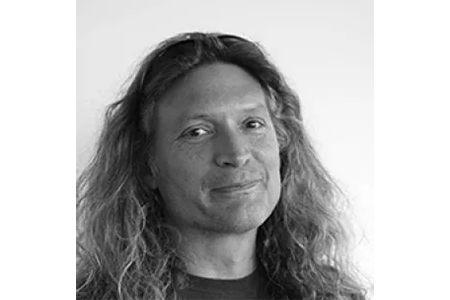A palestra intitulada “AI and the Worlds of Work“ será apresentada no dia 25 de fevereiro, pelas 11:00, na sala I-105, com a moderação de António Coelho (DEI).
Resumo:
“The effects of AI on work is a central point of discussion and negotiation in many fields. Machines and mechanical tools have replaced some but not all physical manual labour. The assumption is that AI will bring similar changes, eradicating some jobs, transforming many and having little impact on others. At the moment we know very little about which jobs AI will replace, transform, increase or have little real impact on, but we know that the scope of work and jobs is wide, and that changes do not occur automatically, they are usually negotiated, and negotiations have already begun to take place in a number of sectors. While industrial machines largely replaced low-skill, low-paid physically demanding manual work, the assumption is that AI will increasingly have an impact on high-skill, high-qualification, and high-consequence cognitive and even “creative” work. As AI poses challenges to workers of higher standing and better organized, the deployment and use of AI is subject to negotiation and contestation, both at workplaces and in central negotiations between employers and employee representatives. Worlds of work differ from technical and social perspectives, and as we already see, AI is confronted differently dependent upon what types of employees are being impacted and in which jurisdiction. This lecture examines the various reactions to the “threats” and “possibilities” of AI among different types of workers from telecoms to entertainment in Europe and North America, arguing that institutional factors play a significant role in these negotiations and subsequent use and deployment of AI.”
Sobre o Palestrante:
Chris Mathieu is Reader in the Sociology of Work and Organisations at the Department of Sociology, Lund University, and previously (2002-2014) Associate Professor at the Department of Organisation, Copenhagen Business School. From 2015-2018 he was coordinator of the Horizon 2020 project QuInnE (quinne.eu) – Quality of Jobs and Innovation Generated Employment Outcomes. His primary research areas include film production as well as medical education and practice. Book publications include: Careers in Creative Industries (Routledge, 2012); Accomplishing Cultural Policy in Europe (Routledge 2022); and The Oxford Handbook of Job Quality (OUP, 2022). A recent article on AI as a focus area of labour negotiations is: Ilsøe, A., Larsen, T. P., Mathieu, C., & Rolandsson, B. (2024). Negotiating about Algorithms: Social Partner Responses to AI in Denmark and Sweden. ILR Review, 77(5), 856-868. https://doi.org/10.1177/00197939241278956f
